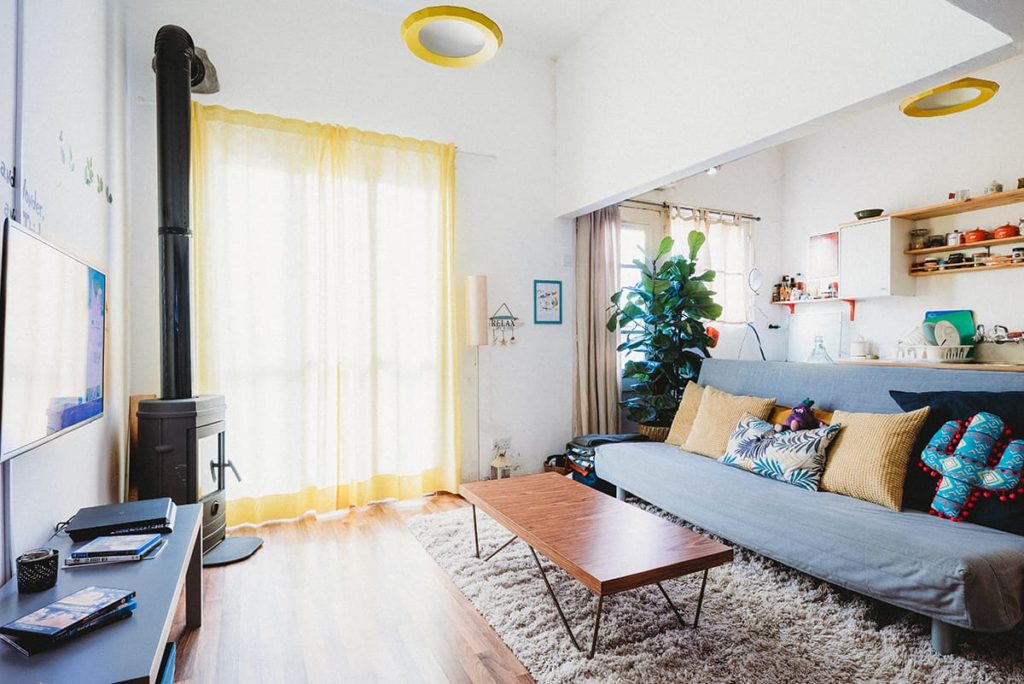A house in multiple occupation (HMO) is a property rented out by at least 3 people who are not from 1 ‘household’ (for example a family) but share facilities like the bathroom and kitchen. It’s sometimes called a ‘house share’.
BVA BDRC’s latest survey suggests the average yield for an HMO (house in multiple occupation is one-fifth higher than for a typical rental property (BVA BDRC Landlord Panel, Q1 2019).
That might make turning your rental property into an HMO appealing, but there other factors to consider before you make that decision.
5 THINGS YOU NEED TO KNOW ABOUT CONVERTING YOUR PROPERTY TO AN HMO.
1. Regulation
If you want to rent out your property as a house in multiple occupation in England or Wales you must contact your council to check if you need an HMO licence.
The licence does cost and that cost varies depending on location. Licences can cost from £100 to over £1000. You can check the cost of a licence in your postcode here: www.gov.uk/house-in-multiple-occupation-licence).
2. Health and Safety
There are stringent health and safety regulations in place for landlords of HMO properties. Extra requirements include fire alarms, fire doors and emergency lighting. Sometimes, the local authority may demand that there are extra bathrooms/cooking facilities.
Landlords are also expected to check fire alarms regularly, maintain up to date gas and electrical safety certificates, and make sure communal areas are kept clean and tidy.
3. Vetting
If you have a property with seven rooms for seven separate tenants, there will be a lot of paperwork involved. This is something to consider before converting your property into an HMO. There is typically a higher turnover rate too which means going through the process more regularly.
The level of effort required for an HMO property is more than a single dwelling but there is less risk due to the fact that your revenue is split over multiple occupants.
4. Wear and Tear
With a high turnover of tenants there tends to be more wear and tear with HMO properties. It’s always advisable to think about using durable materials when setting up your property.
5. Mortgages
Running an HMO property isn’t always easy and lenders typically prefer landlords who have landlord experience.
Before you decide whether converting your property into an HMO is right for you, it’s worth speaking to an expert who can help you assess your options.

